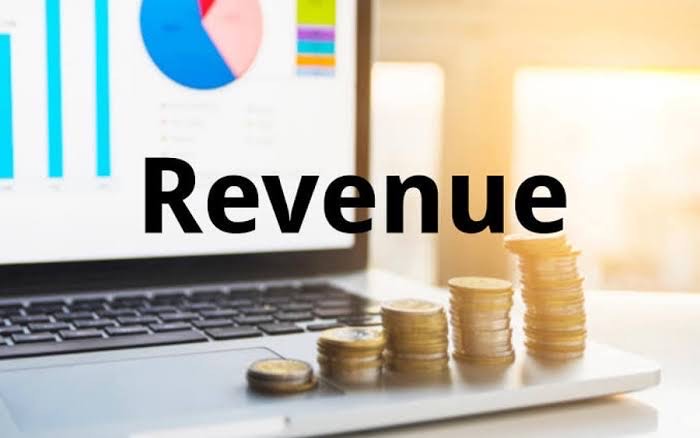Lagos, Rivers, and the Federal Capital Territory (FCT) were the top earners of domestic income in 2022, according to the latest Internally Generated Revenue report from the National Bureau of Statistics (NBS) released on October 23, 2023.
The financial performance of various states in Nigeria throughout the year was highlighted by the NBS. Lagos, Rivers, and the Federal Capital Territory (FCT) were the highest earners in terms of IGR, with impressive amounts of 651,145,633,085.30, 172,823,232,535.44, and 124,366,774,519.25, respectively.
On the flip side, Kebbi, Taraba, and Yobe had the lowest revenue collection and were considered underperformers, with only 9,146,249,907.83, 10,238,110,125.95, and 10,456,776,796.18 collected.

PAYE taxes contributed significantly, accounting for 67.62% of total tax revenues generated nationwide in 2022. In contrast, capital gains tax had a minor impact, contributing only 0.24% of all tax revenue.
Oyo, Lagos, and Jigawa emerged as the top three states in terms of Local Government Area (LGA) revenue, recording impressive figures of 11,832,437,020.33, 11,505,586,283.35, and 8,700,993,591.78, respectively.
The NBS research revealed that taxes and revenue from Ministries, Departments, and Agencies (MDAs) were the primary contributors to Internally Generated Revenue (IGR) in 2022. Various tax categories, including PAYE, Direct Assessment, Road Taxes, Stamp Duties, Capital Gain Tax, Withholding Taxes, Other Taxes, and revenue from Local Government Areas (LGAs) were identified.
In 2022, the 36 states of Nigeria and the Federal Capital Territory (FCT) collectively generated a total of 1,925,612,626,650.76 in IGR, showing a minor growth of 1.57% compared to the previous year, 2021.
This data emphasizes that various taxes and income from government departments and organizations constituted the revenue for 2022, resulting in a slight increase from the previous year.
Pay As You Earn (PAYE), a form of personal income tax in Nigeria involves the automatic deduction of taxes from employees’ pay in the formal sector.

The Naira appreciated significantly against the Dollar in the official foreign exchange market, rising by N61.38, reaching N1459.02 per Dollar on Wednesday compared to N1520.40 on Tuesday.
The Naira experienced a 4.2% gain against the Dollar in one day. On the parallel market, the Naira dropped to N1515 per Dollar from N1520.
The depreciation of the Naira has been attributed to insufficient foreign currency allocation by the Central Bank of Nigeria, resulting in a significant decline of 28% against the Dollar since mid-April 2024. Nigeria’s inflation rate surged to 33.69% in April 2024.
Inflation in Nigeria reached 33.69% in April, reflecting the country’s worsening economic challenges, as reported by the National Bureau of Statistics (NBS). President Bola Ahmed Tinubu’s assumption of office in May of the previous year coincided with a continual rise in inflation rates. In April 2024, inflation rose compared to May 2023, reaching 33.69%, with rates of 29.9% in January, 31.70% in February, and 33.20% in March.
Olayemi Cardoso, the Central Bank of Nigeria (CBN) Governor, stated the commitment of the Monetary Policy Committee (MPC) to tackling the escalating inflation by increasing interest rates, which stood at 24.75% in March.

































